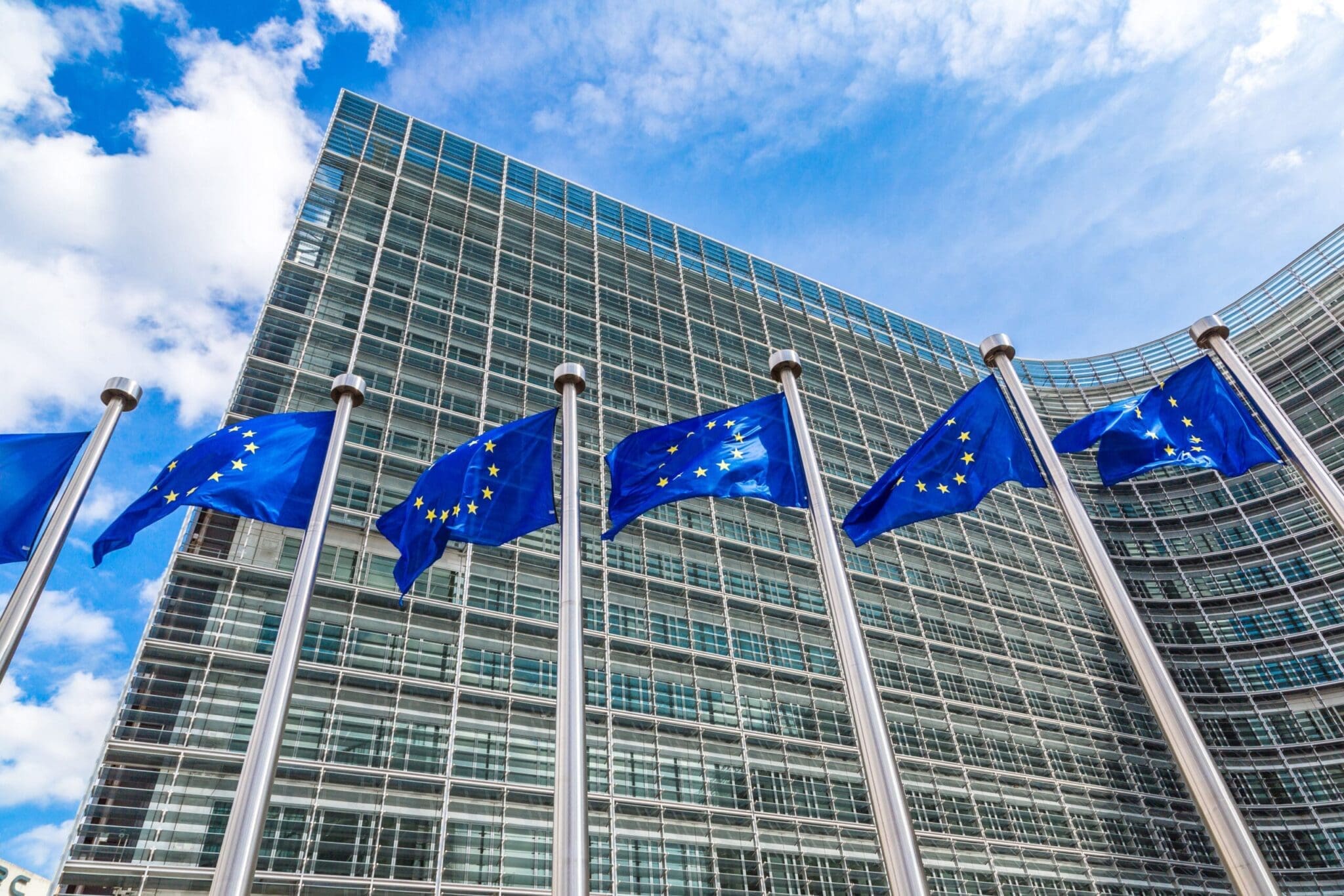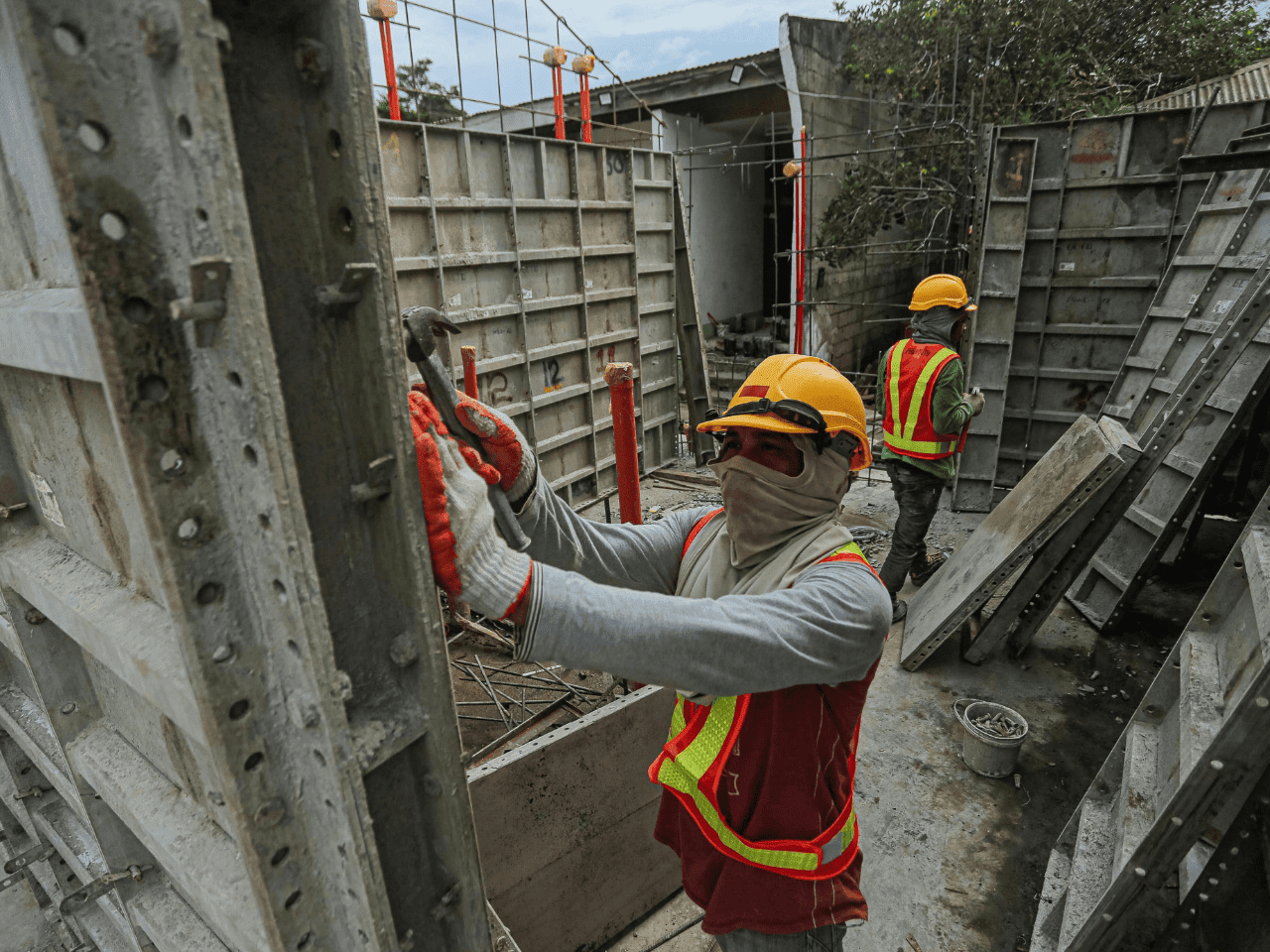Following lengthy discussions, Negotiators of the EU Council and Parliament provisionally agreed on a compromise deal on the Corporate Sustainability Due Diligence Directive (CSDDD) on 14 December 2023.
The CSDDD aims was initially proposed in February 2022 to hold large businesses responsible for ensuring there aren’t any human rights or environmental violations within their value chains. The legislation follows in the wake of similar legislation enacted in Germany and Norway.
The provisional agreement reached now needs to be endorsed and formally adopted by both institutions – although this is now a formality. This latest step confirms the scope of the directive, clarifies the liabilities for non-compliant companies, better defines the different penalties, and completes the list of rights and prohibitions that companies should respect.
Whilst eagerly awaited and largely praised, the Directive has faced some criticism. Here are some key takeaways:
- The Directive is expected to impact approximately 13,000 companies within the EU.
- EU CSDDD doesn’t just apply to companies based in the EU. It is expected to also impact a further 4,000 other businesses worldwide.
- Financial institutions will initially be exempt from having to comply with the legislation.
- EU CSDDD requires companies to adopt a risk-based approach defined by the Organisation for Economic Co-operation and Development (OECD) to their due diligence processes across both their upstream and downstream value chains.
- The deal establishes that compliance with the CSDDD could be used as a criterion for the award of public contracts and concessions.
- As a last resort, where companies identify adverse impacts on environment or human rights by suppliers, they will have to end those business relationships if these impacts cannot be prevented or ended.
- To ensure companies are held to account, due diligence will be enforceable through reparations paid to victims and financial penalties of up to 5% of a company’s global turnover.
Effective supply chain risk management is critical to ensure both people and the planet are protected. The announcement yesterday marks a historic step in ensuring businesses conduct meaningful due diligence on their value chains.
To learn more about CSDDD and effective supply chain risk management read our Comprehensive Guide here. You can also participate in the discussion by joining this helpful LinkedIn group here. To learn more about the difference between CSDDD and the EU’s Corporate Reporting Sustainability Directive read our blog.
Achilles supports multinationals every day in identifying human rights and environmental risks within their supply chains. To know more about our OECD aligned supply chain due diligence solutions contact us using the contact form provided.


